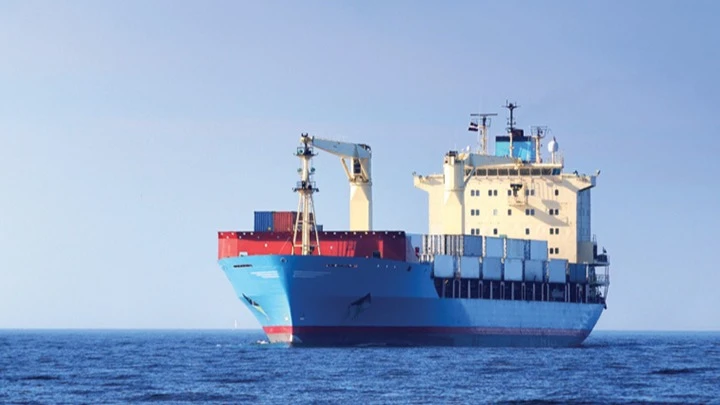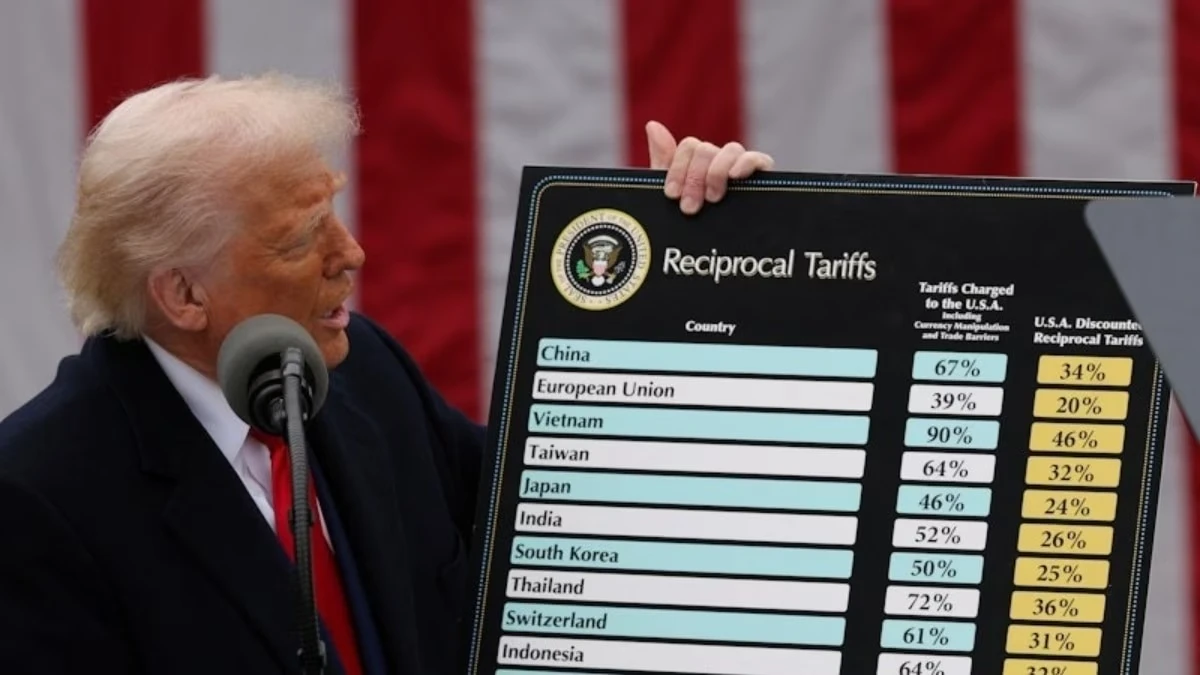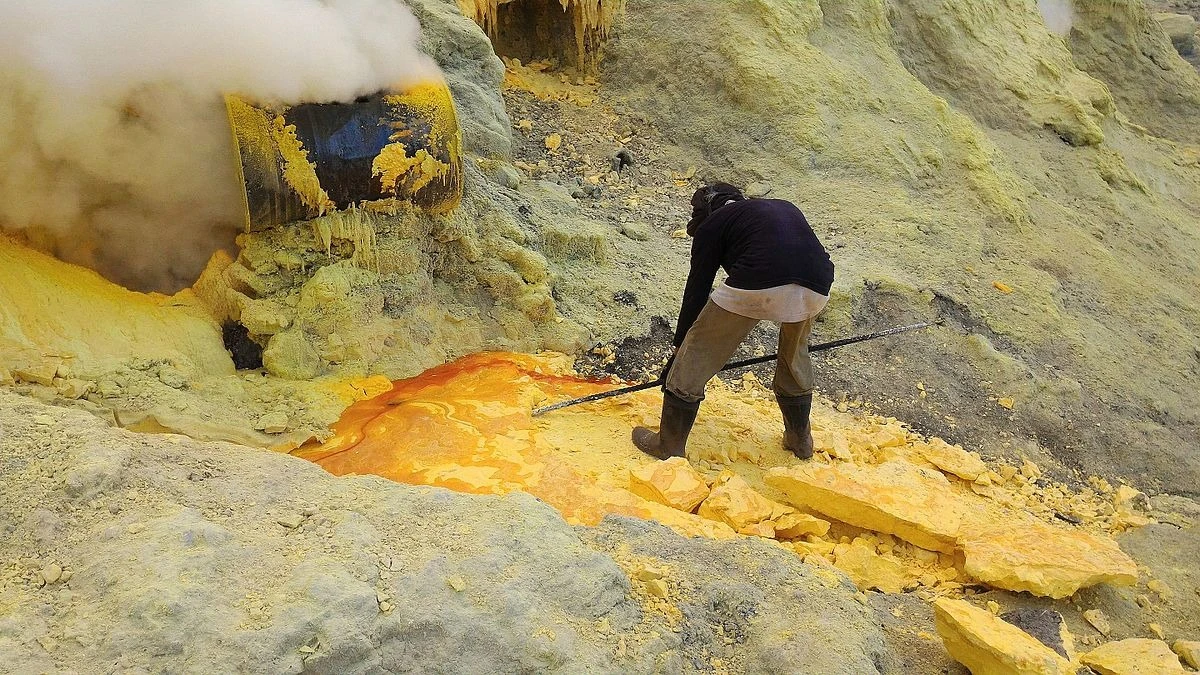Z’bar minister flags off UN marine vessel’s research tour

AN ongoing marine research exercise involving nine Tanzanian scientists—three from Zanzibar—will cover the coastline from Southern Africa to the port city of Mombasa across the border, a policy maker has stated.
Shabani Ali Othman, the Blue Economy and Fisheries minister for Zanzibar, made this observation at Malindi Port here yesterday during the launch activities of the United Nations marine research vessel.
The exercise reflects regional commitment to science-based fisheries management and is a model of collaboration, innovation, and dedication, he said, highlighting that key priorities in the blue economy agenda include developing the fisheries sector and promoting fish caging.
He raised the worry that climate change and rising population near marine environments are diminishing the contribution of marine fisheries to fish sub-sector output generally, affirming that the sub-sector supports upwards of 100,000 people in its value chain, with women making up nearly a fifth of the workforce.
Despite being surrounded by sea, fisheries contributes up to eight percent of the Zanzibar GDP, even as it plays an essential role in the islands' social and economic development, he stated, pointing at the effort to set clear goals, including boosting fish quantities and promoting responsible use of marine resources.
"We are committed to ensuring fishing contributes significantly to the national economy while improving livelihoods in coastal communities, in line with the United Nations sustainable development goal number 14," he said.
Dr Edwin Mhede, the Fisheries and Livestock deputy permanent secretary, said that the vessel's arrival will help study marine species, fish abundance and uplift local fish science. “This research is crucial for effective marine conservation and environmental management,” he declared.
During the years 1972 to 1983, coastal communities were able to obtain 100,000 to 175,000 tons of fish per annum, while by 2018 the figure had dropped to 32,123 tons, a fraction of what was possible earlier, he stated.
Dr Ismail Kimirei, the Tanzania Fisheries Research Institute (TAFIRI) director general, said the research exercise will assess the seabed, its resources and the potential to drive the blue economy in a sustainable, free economy.
The exercise will be conducted for 19 days, covering the whole coastline, gathering data on fish abundance, and looking out for unfamiliar fish species. In 2023, researchers identified 20 new species previously unknown in the Tanzanian coastline, he affirmed.
There are 540 fish species and 850 marine species along the Mainland coastline on the basis of the 2023 study, he stated, while Dr Zakaria Ali Khamis, the Zanzibar Fisheries Research Institute (ZAFIRI) director general, said the vessel’s arrival was historic for Zanzibar.
It is the first time it has been scheduled for research in Zanzibar, with authorities there expecting that the study will provide vital data on fish and marine resources, essential to further clarifying blue economy potential.
Charles Tulahi, the United Nations Food and Agriculture Organization (FAO) assistant country representative, said that the UN agency is implementing projects to ensure sustainable fishing practices along the coast.
It is geared to help in preserving the environment, providing reliable incomes for communities and delivering high-quality products to consumers, he added.
Top Headlines
© 2025 IPPMEDIA.COM. ALL RIGHTS RESERVED






















